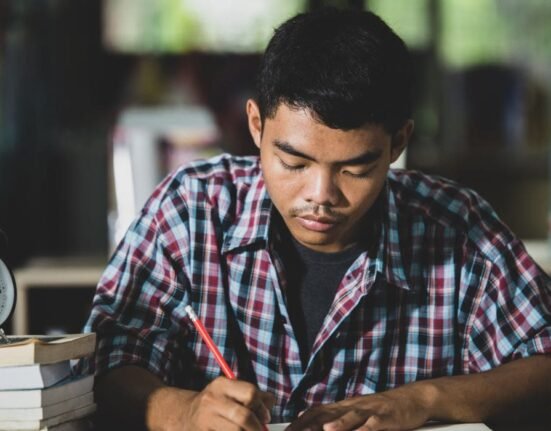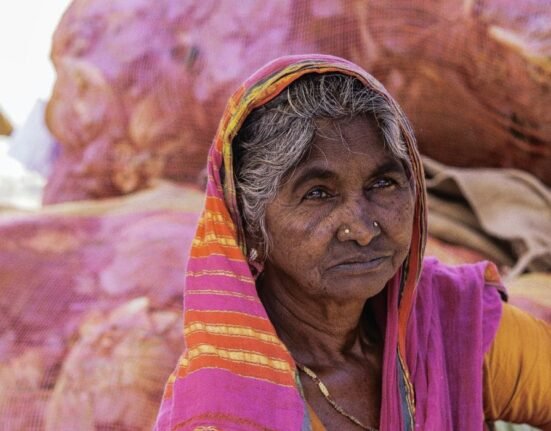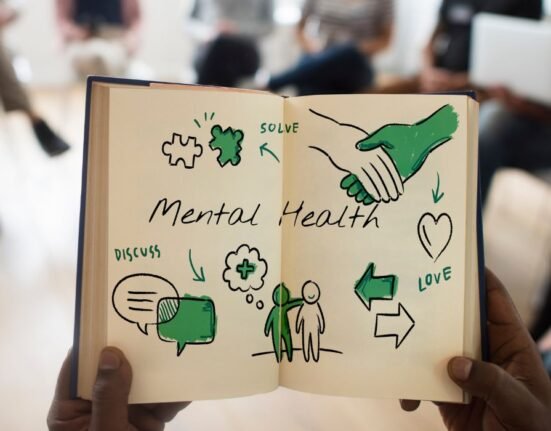Bisexuality is a way of being sexually attracted to both men and women. Someone is said to have bisexual tendencies if they feel sexual attraction, romantic interest, or both to more than one gender. The largest group of people in the LGBTQIA+ community is made up of bisexual people.
Bisexuals have a high rate of mental illness than the overall population. Most of the time, this is because of stigma, oppression, and discrimination.
Bisexual women have a higher lifetime chance of getting a mood or anxiety disorder than either lesbians or heterosexual women.
Bisexual men, like their heterosexual counterparts, are at increased risk for developing mood and anxiety problems throughout their lifetimes.
Researchers in Australia found that 72 percent of bisexuals had severe or very high levels of mental distress in 2020.
A previous study has found that bisexual persons suffer sorrow and anxiety at the same or higher rates as their homosexual and lesbian peers.
According to a report in the New York Times, studies have indicated that bisexual persons have much greater rates of depression and anxiety due to the stigma they face in society compared to their straight and homosexual peers.
The researchers wanted to know if and how the higher levels of sexual identity stress experienced by bisexuals compared to their gay and lesbian counterparts would account for the observed differences in depressive and anxious symptoms, as well as overall mental health, between the two groups.
The following is what we now know about the factors that contribute to these disparities:
According to the experts, the first thing that has to be done to remedy these inequalities is to figure out why they arise.
Psychologist Ethan Mereish describes the negative treatment bisexual persons receive as a “double closet” since it occurs both within and beyond the gay community. Because of the possibility of rejection, this might discourage bisexual persons from coming out.
One of the most significant forms of prejudice against bisexual people were discovered to be “identity invalidation,” or the belief that one’s sexuality is not genuine or is ignored. According to the research, the main perpetrators of this bias are other gay and lesbian individuals, followed by gay and lesbian family members and straight people.
Bisexual persons may experience a worsening of their mental health as a direct result of this.
Dr. Mereish warned that a person’s bisexuality might not be immediately apparent to those around them, especially if they are also involved in a relationship with someone of the opposite gender.
Researchers say that making people feel like they are part of a group can help protect their mental health from these stresses.












Leave feedback about this